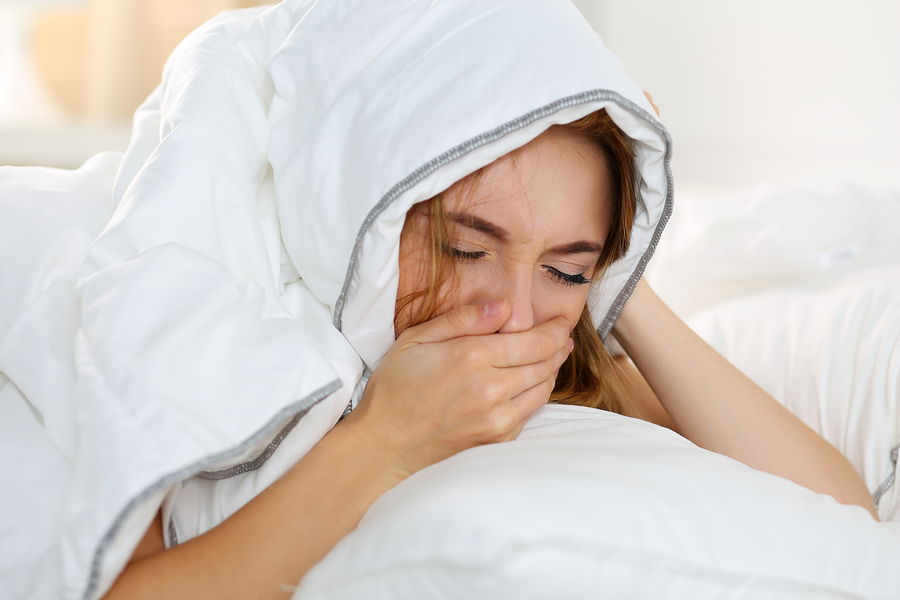Mold allergies in the home are a very serious issue and can result in life-threatening health conditions. It is important to deal with any mold concerns you suspect within your home right away as it can cause minor issues such as mold allergies, asthma attacks, and eventually more serious illnesses.
What Causes Mold Allergies?
The causes of mold allergies often include a multitude of issues within the home. Mold and mildew tend to grow in damp areas such as the bathroom area, basement, kitchen, and even outdoor lawns. Any area that is shady and damp can harbor mold and put us all in danger of inhaling tiny mold spores. Unfortunately, some of us can experience adverse reactions to this known as mold allergies. Especially during the wet months of the year, damp weather conditions serve as the perfect breeding ground for mold and mildew.
In order to avoid any mold issues within your home, it is important to keep your home dry through the use of air conditioners, dehumidifiers, ensuring all bathroom and kitchen areas are dry, and fixing any leaks in your basement as soon as detected.
Mold Allergy Symptoms
Preventing and treating mold allergies are paramount for those with more severe reactions to mold and mildew spores in the air. Mold allergy symptoms can vary from person to person, but the most common signs include itchy, watery eyes, shortness of breath, sore throat, post nasal drip, nasal congestion, sneezing and coughing, itchy nose and lips, asthma symptoms, dry and scaly skin, and rush.
How to Reduce Mold Allergies
There are a number of simple ways to reduce mold allergies and mold allergy symptoms at home which include purchasing a dehumidifier, utilize central air conditioning with a HEPA filter, and clean these often to ensure they do not become a source of mold growth. It is also important to keep damp areas such as the basement, kitchen, and bathrooms dry and clean them regularly utilizing soap, household cleaners, and bleach. For those who experience more severe reactions to mold, it is important to employ the use of allergy medications, nasal sprays and inhalers, and, in some more extreme cases, an EpiPen.
For assistance in improving symptoms related to mold allergies, contact Dr. Mayank Shukla and his team today.
About Dr. Mayank Shukla
Dr. Mayank Shukla is a sleep doctor and pulmonologist with over 15 years’ experience in treating local NYC patients suffering with sleep disorders, allergies, and asthma. Utilizing a unique combined treatment approach, he has successfully improved quality of life for both adults and children.

